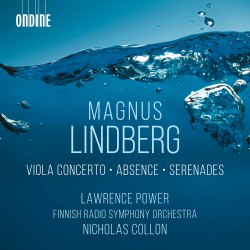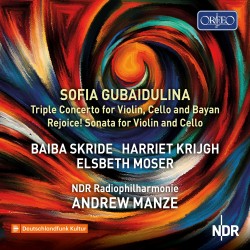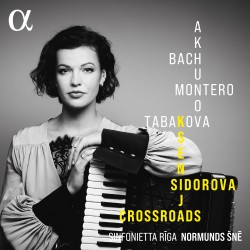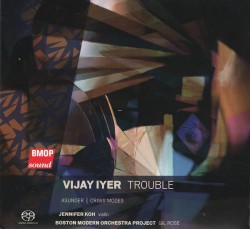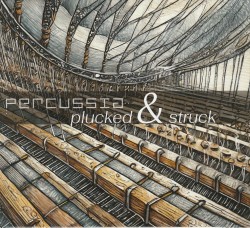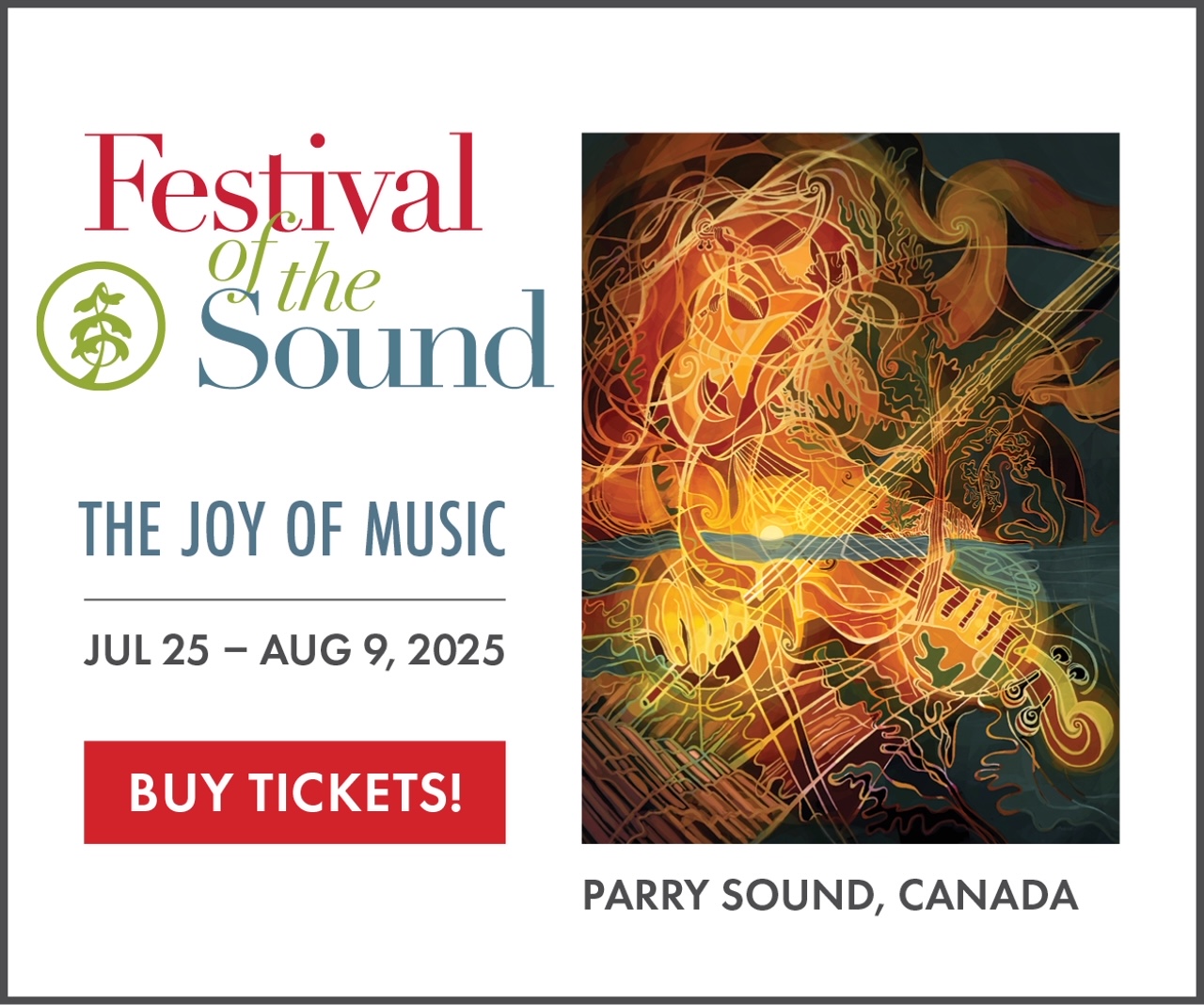Mark Haney – Placentia Bay: Summer of 1941 - Meaghan Williams; Various Artists (plus string quartet, string orchestra and vocal ensemble)
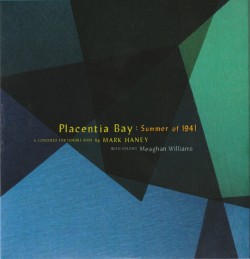 Mark Haney – Placentia Bay: Summer of 1941
Mark Haney – Placentia Bay: Summer of 1941
Meaghan Williams; Various Artists (plus string quartet, string orchestra and vocal ensemble)
Independent (markhaney.bandcamp.com)
Concept albums, historically more the domain of rock and pop than terrifically performed and recorded symphonic music with a storytelling narrative, and a Canadian historical focus, can be somewhat polarizing creations. Not only does one have to like the music, but there is also the issue of the narrative that needs to be compelling enough to thread throughout an entire recording, hueing thematic coherence to all the sounds contained within. Add to the mix the fact that, as it was in my case, you are jumping in at the final installment of a storytelling trilogy that began with 2010’s Aim for The Roses and is ending here with Placentia Bay: Summer of 1941, exploring the secret meeting between Winston Churchill and Franklin D. Roosevelt off the coast of Newfoundland that resulted in the “Atlantic Charter,” one might be forgiven for thinking this to be a difficult entry point.
But not so when you are in the skilled musical hands of composer, creative community builder, and interdisciplinary artist Mark Haney, with excellent contributions by the Vancouver double bassist Meagan Williams, a small orchestra of first-rate west coast musicians and the vocal ensemble musica intima. The recording stands on its own as a satisfying musical achievement and fine symphonic musical artefact.Should you be inspired (as I was) to go back to the beginning of the trilogy, a musical coherence emerges, despite the differences of theme and subject matter, that only adds luster to this recording and its creative brain trust.


